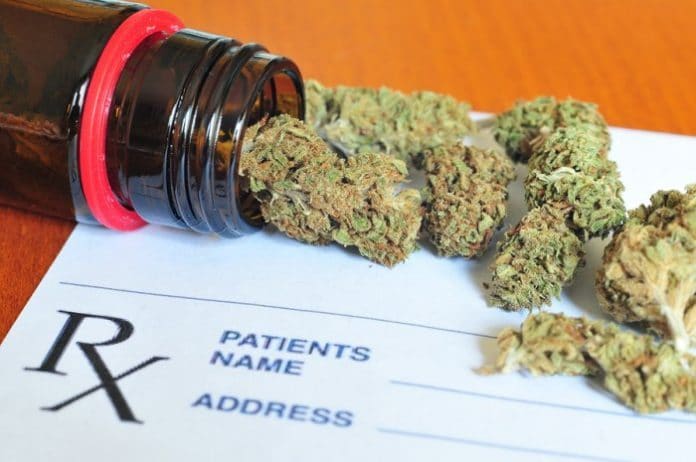A new report claims if medical cannabis were legalized across the USA, pharmaceutical expenditure on conditions that respond well to cannabis medicines could have fallen by billions of dollars over a three year period.
In a new study, New Frontier Data says its data analysts have determined pharmaceutical expenditures on the top nine conditions commonly treated by medical cannabis could have decreased an estimated $18.5 billion between 2016 and 2019 with nation-wide legalisation.
The company firmly believes cannabis is set to cannibalize the nation’s conventional pharmaceutical industry.
“The United States constitutes 35% of the global pharmaceutical market, the largest market in the world, and a major driver of the U.S. economy,” said the company’s CEO and Found, Giadha Aguirre De Carcer.
“If cannabis were to be adopted nationally, we would begin to see a trend of patients turning to medical cannabis as a substitute or complement to pharmaceuticals”.
This trend is already happening – just this week, we reported more evidence of cannabis substituting subscription prescription drugs; and it it’s not the first study to have arrived at this conclusion.
The shift to cannabis could have huge and positive implications for initiatives such as Medicaid – a state and federal program in the USA that provides health coverage for people with a very low income.
Last month we mentioned total savings for fee-for-service Medicaid could have been a whopping USD $1.01 billion in 2014 if medical marijuana was legal across all states at that time.
New Frontier Data’s findings are based on the 2016 Health Affairs study that found an 11% drop in medication prescriptions in states where medical cannabis is legal and based their totals on treatments for the following conditions:
- chronic pain
- post-traumatic stress disorder (PTSD)
- sleep disorders
- anxiety
- nerve pain
- chemotherapy induced nausea and vomiting (CINV)
- Tourette syndrome
- glaucoma
- seizures/epilepsy
“By applying that decrease to the total amount of money spent in the U.S. on treatments for these conditions, it is estimated that cannabis and related products can replace $4.4 billion to $4.9 billion per year of current spending on existing treatments,” says the company.


